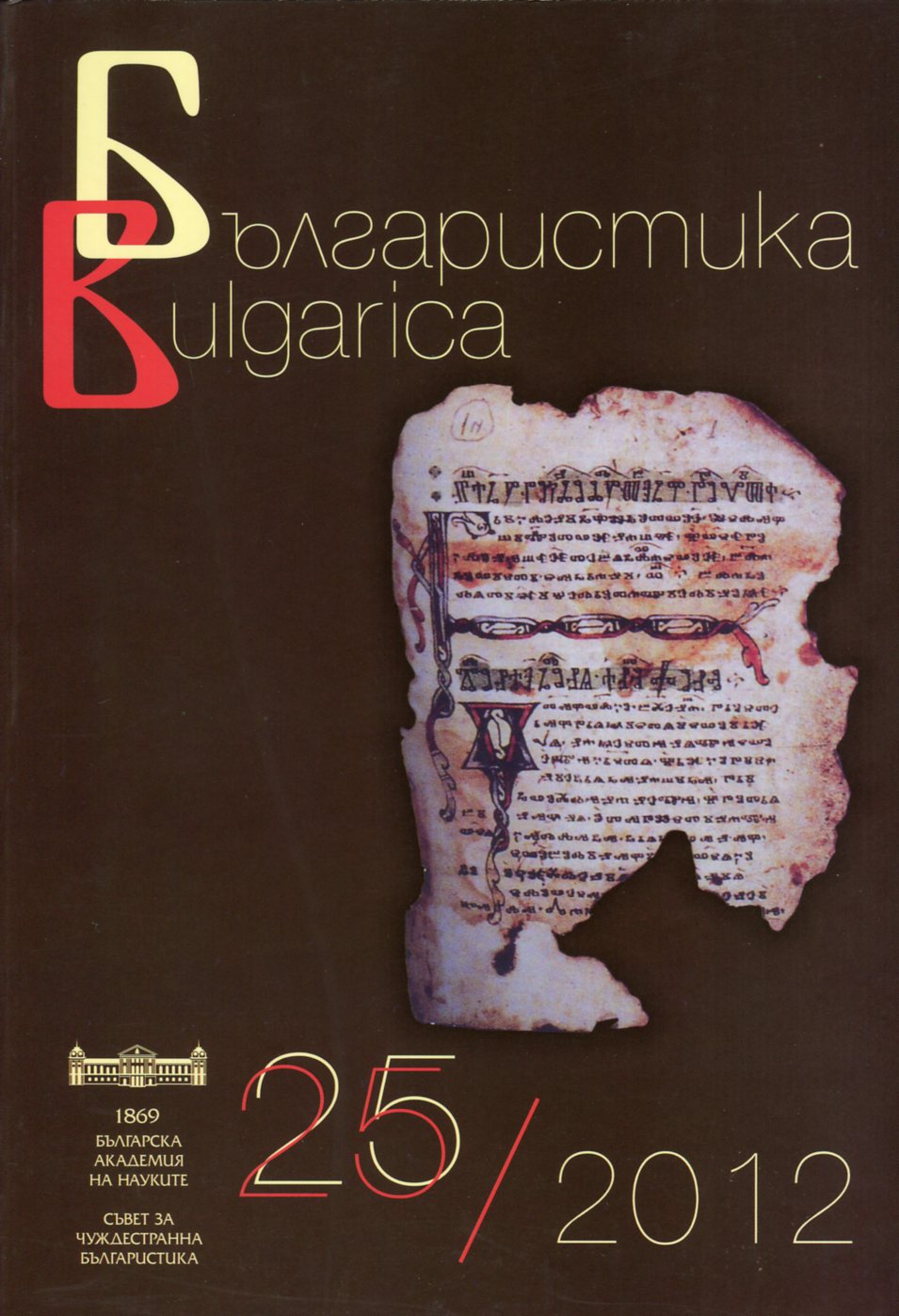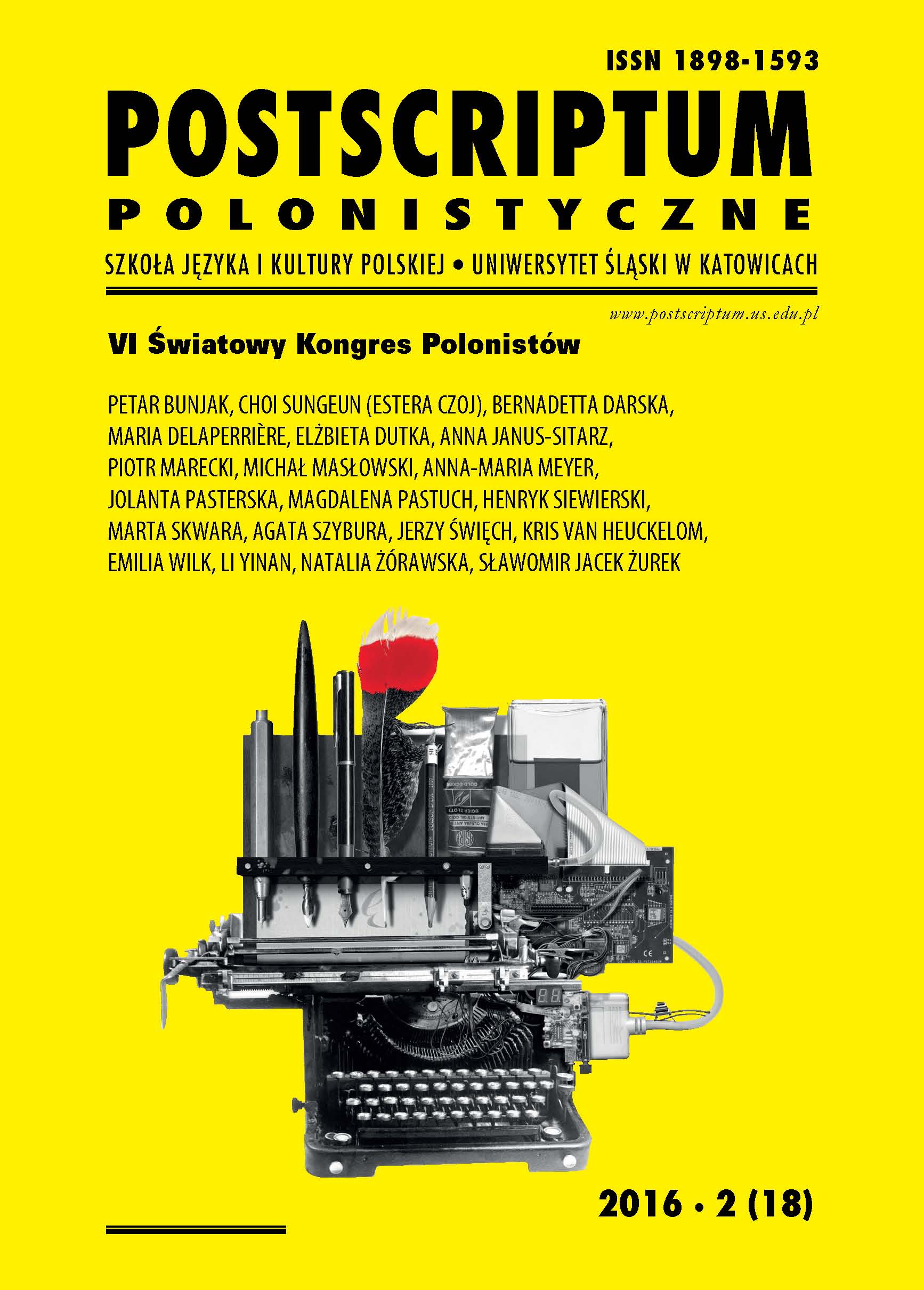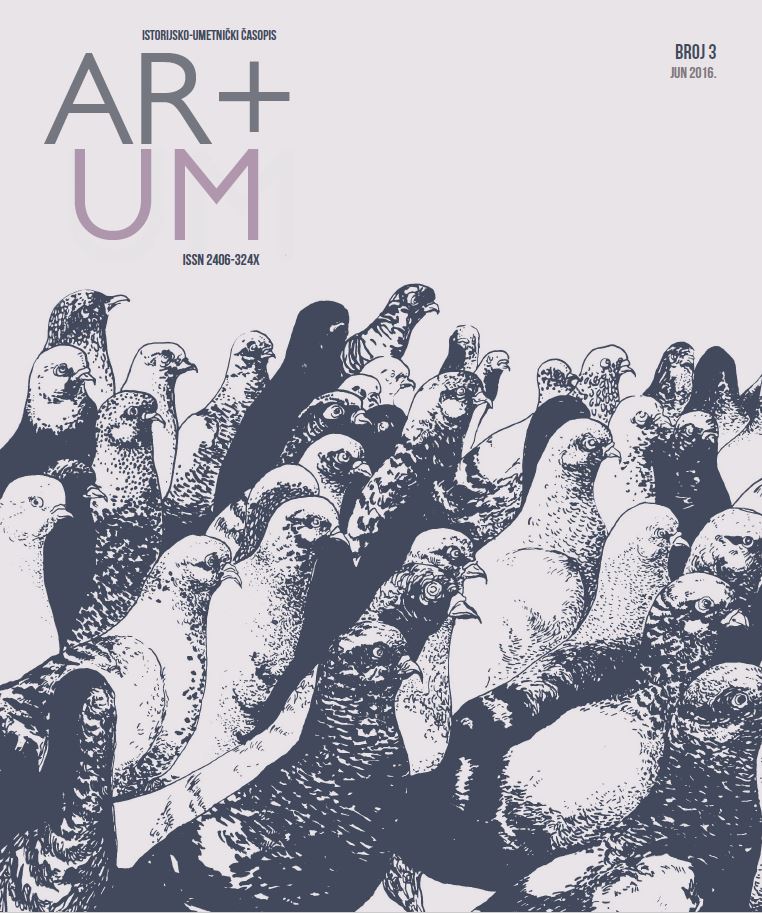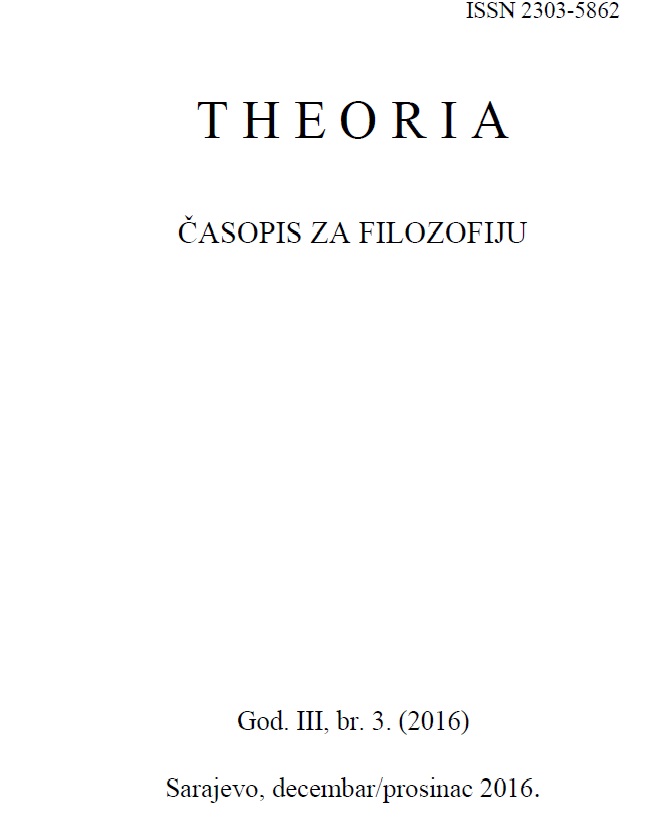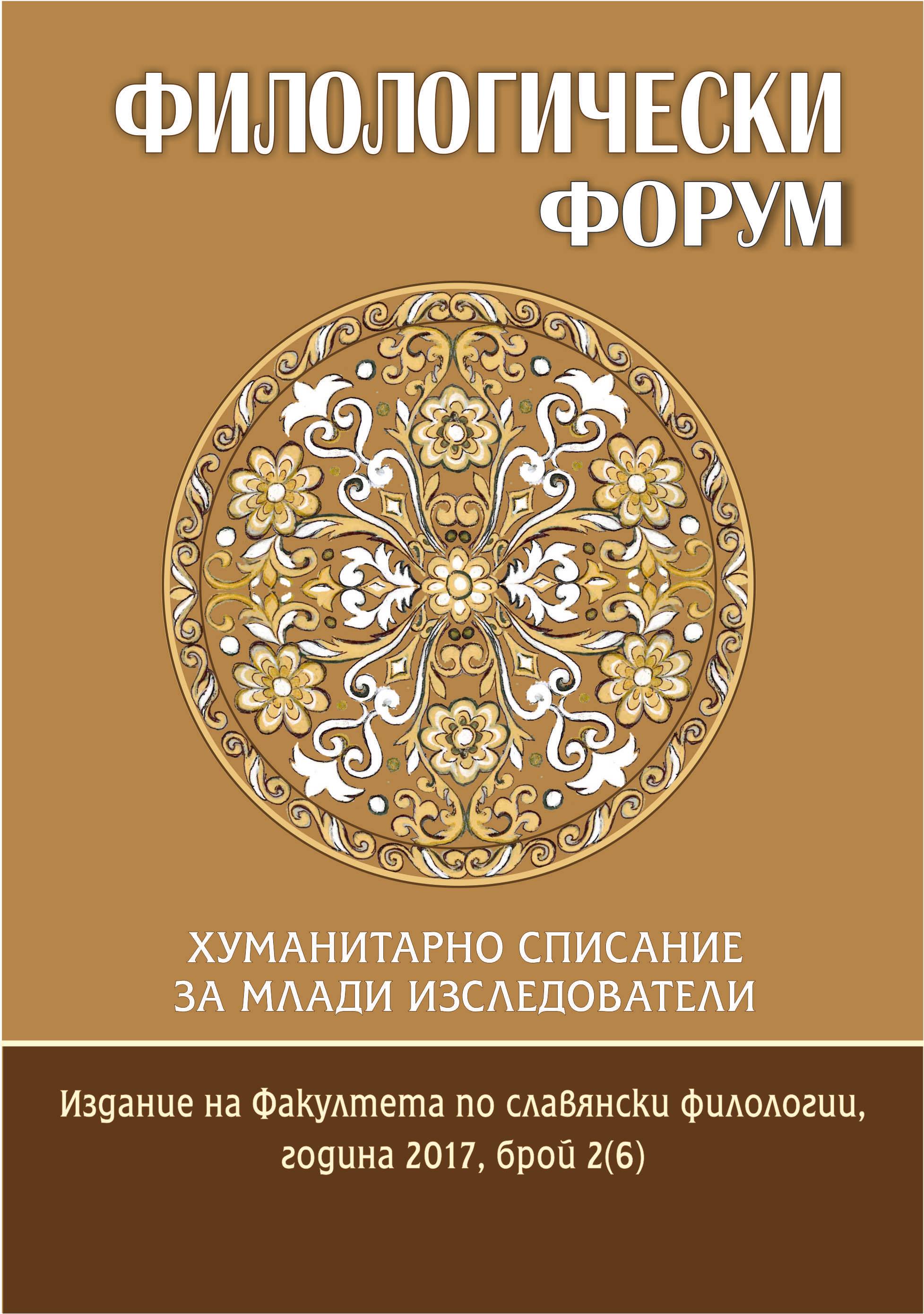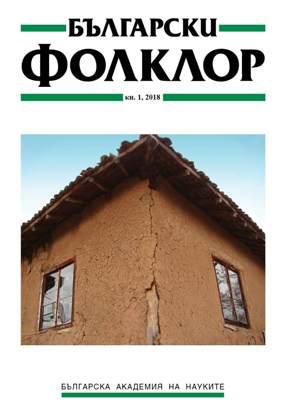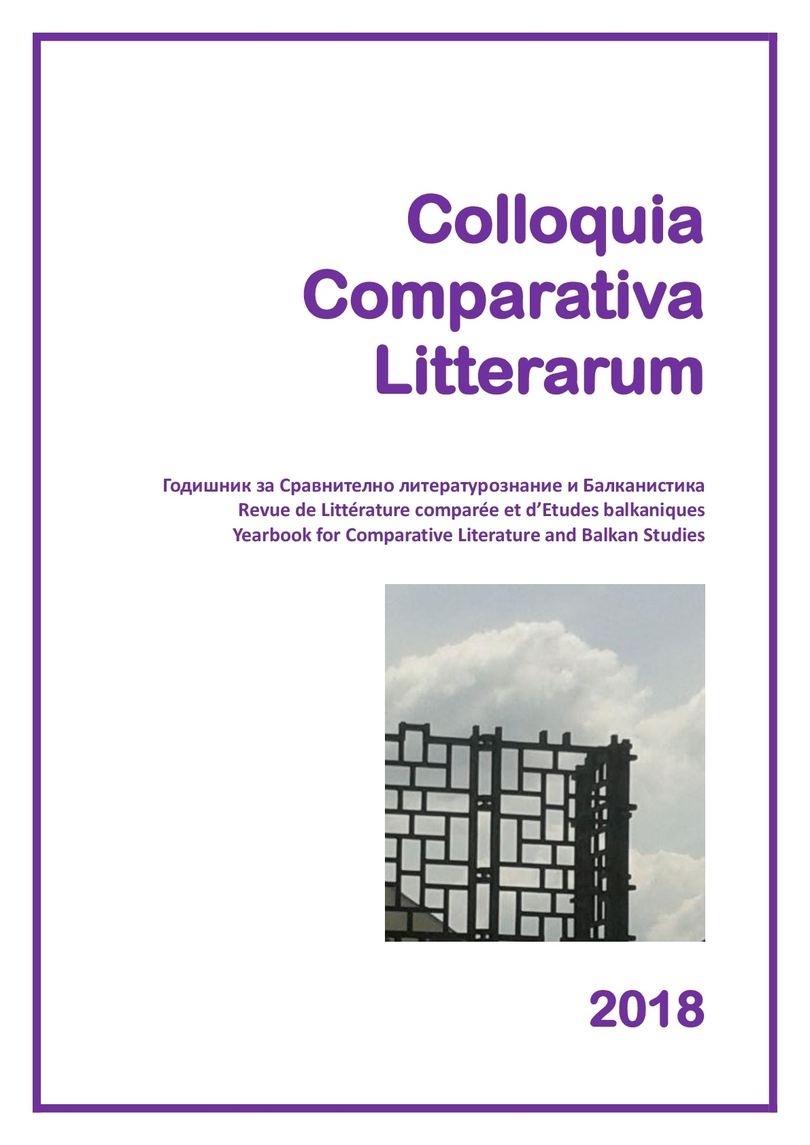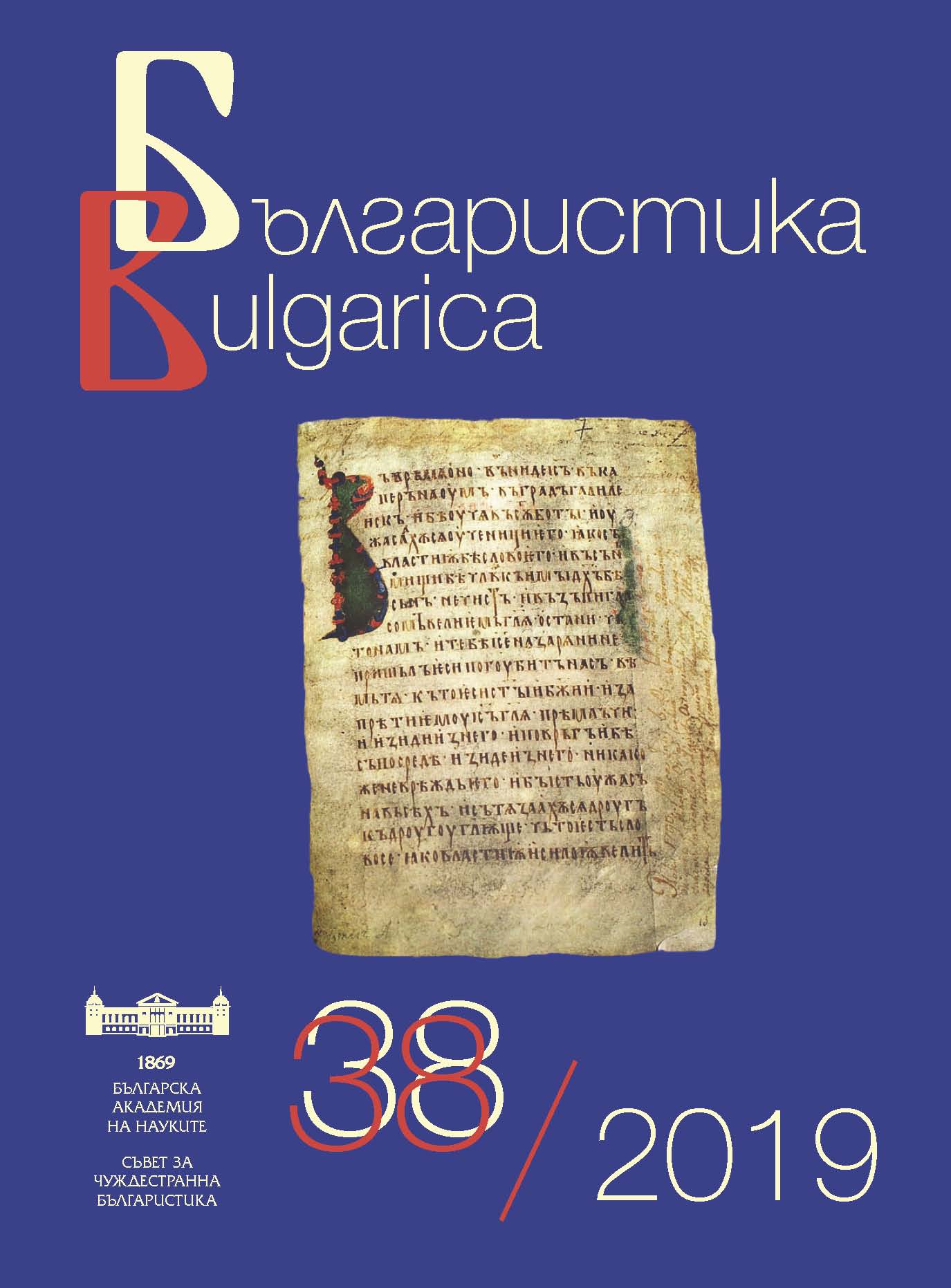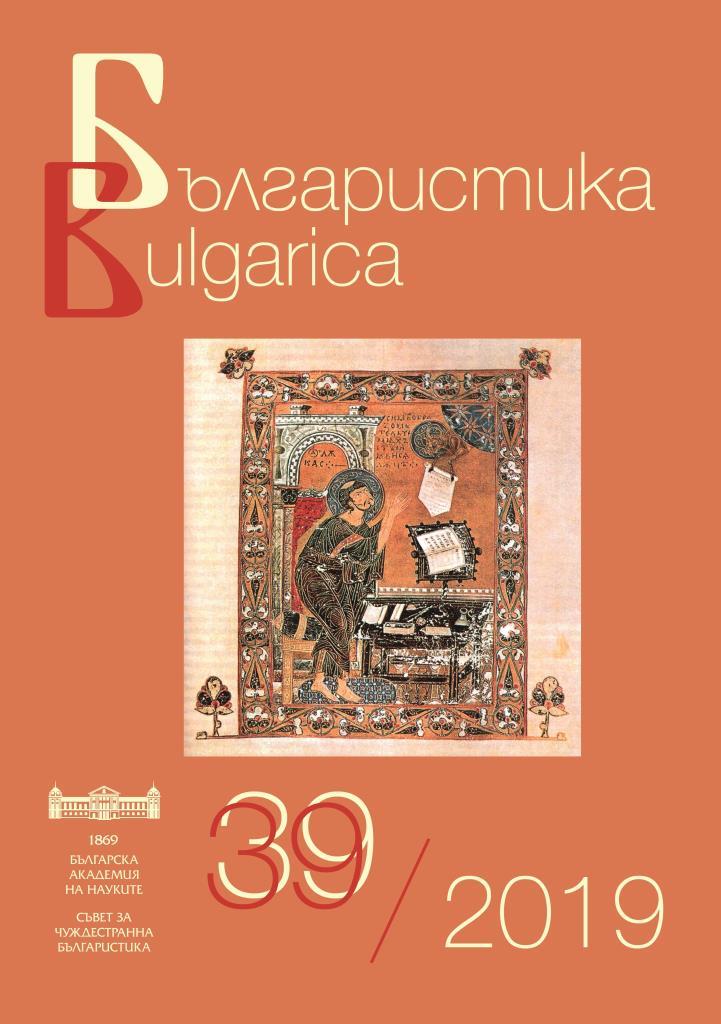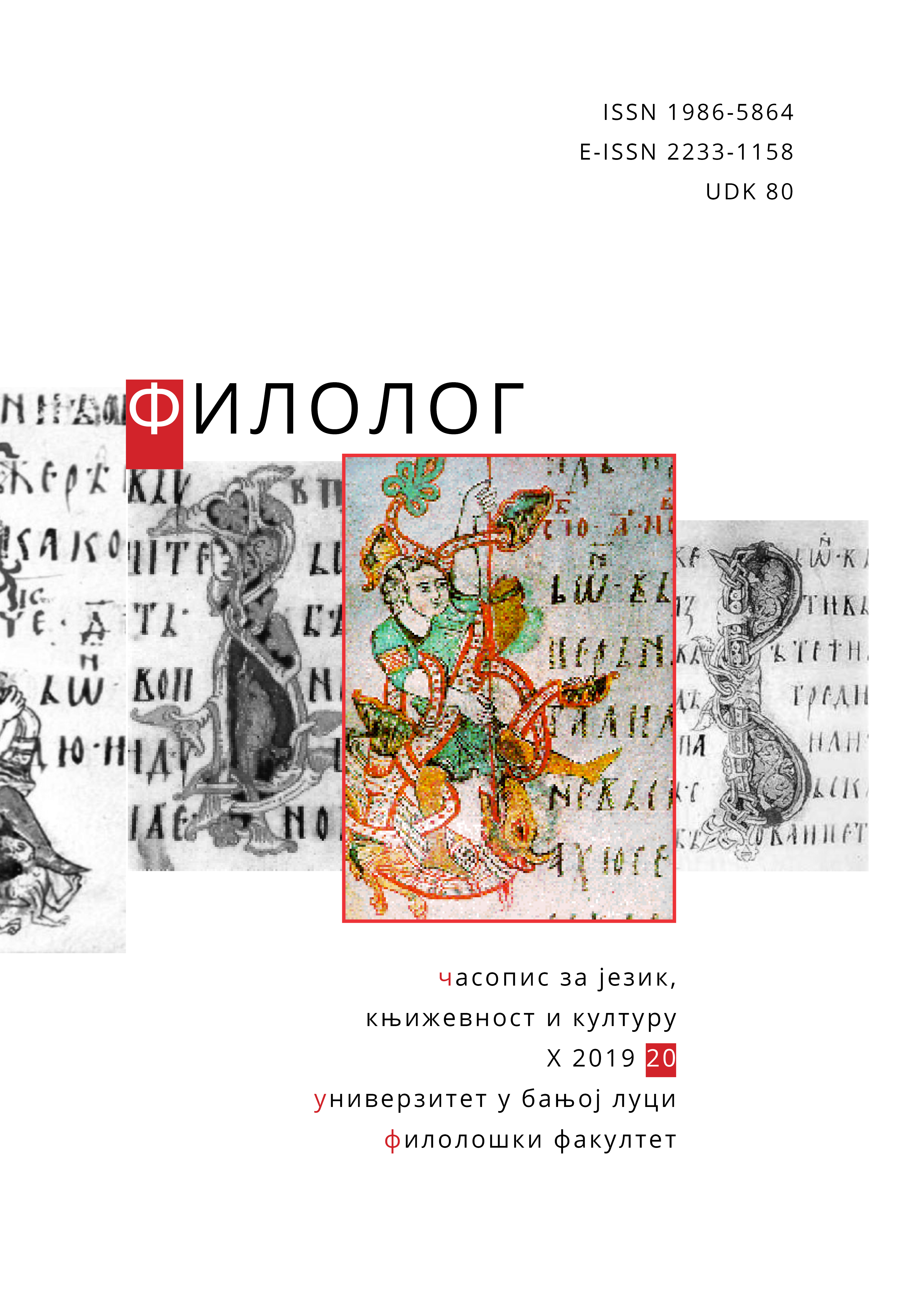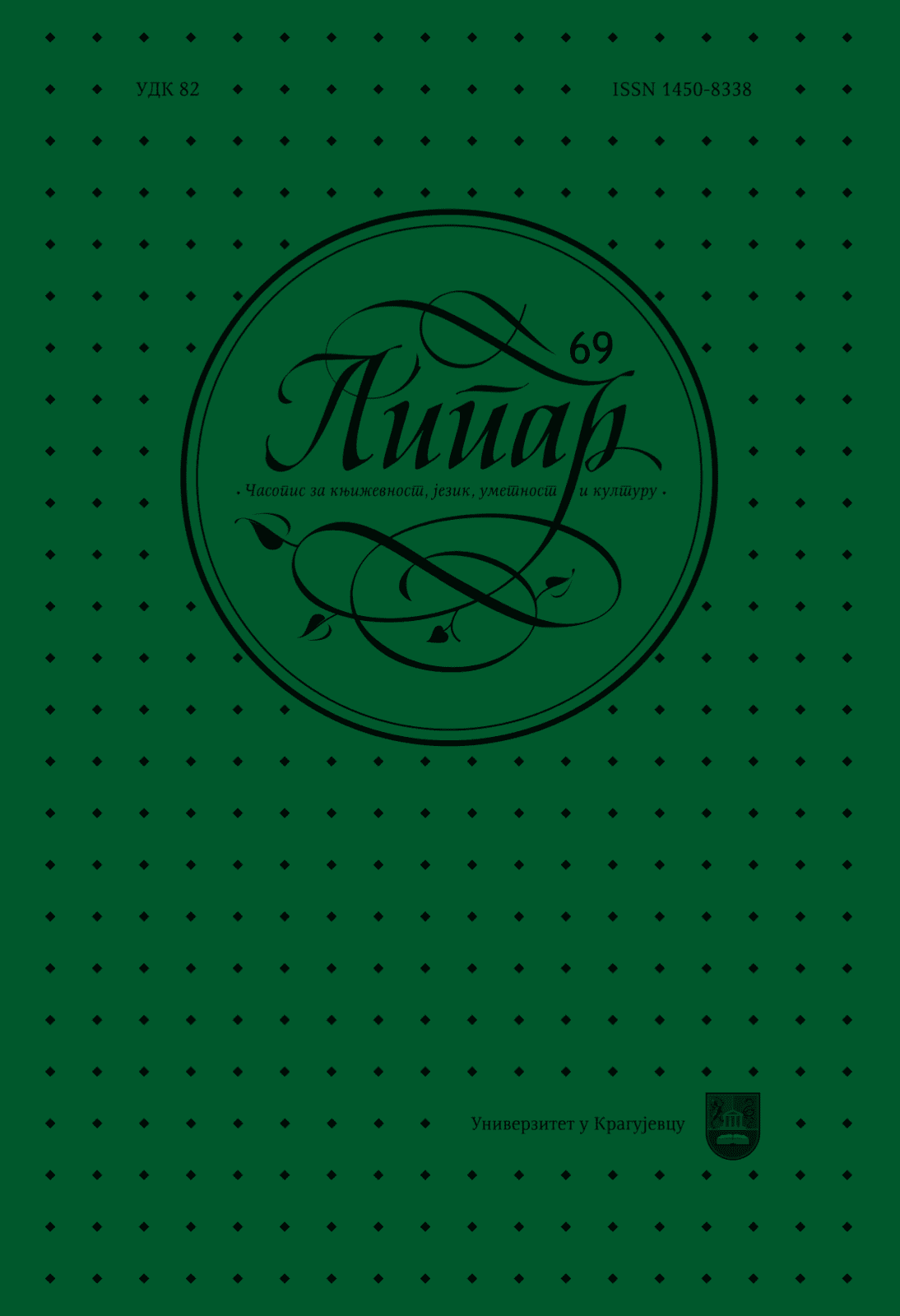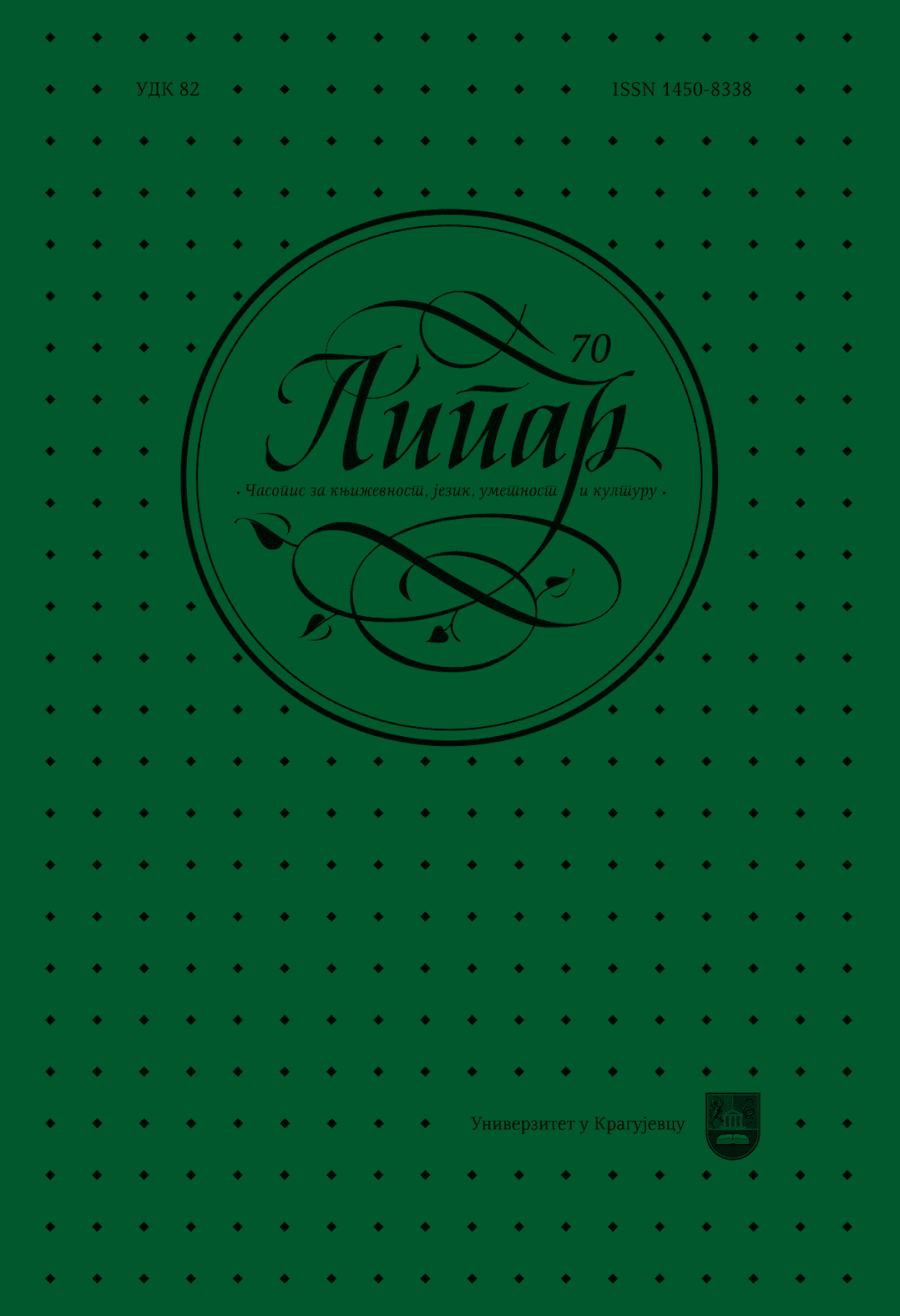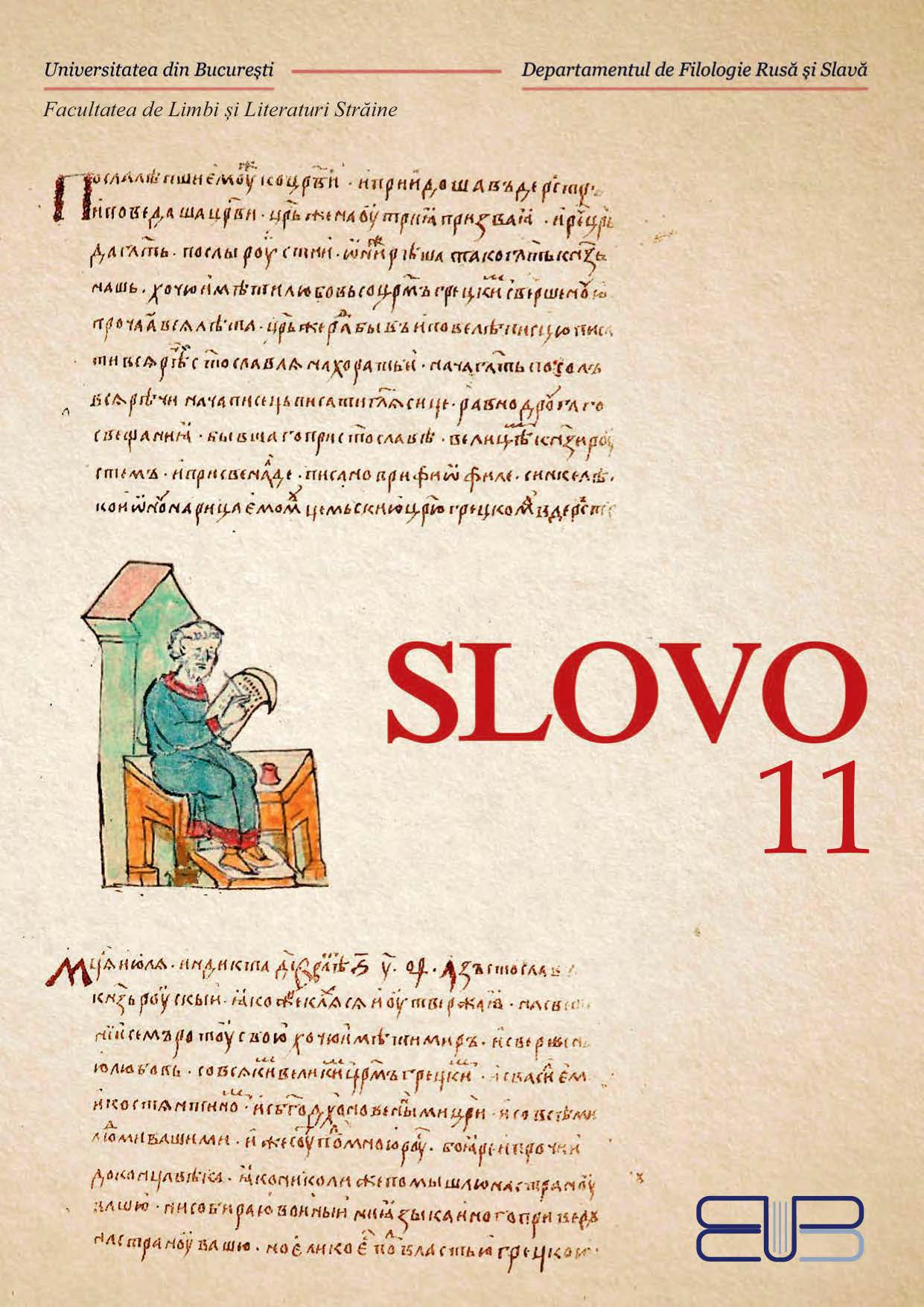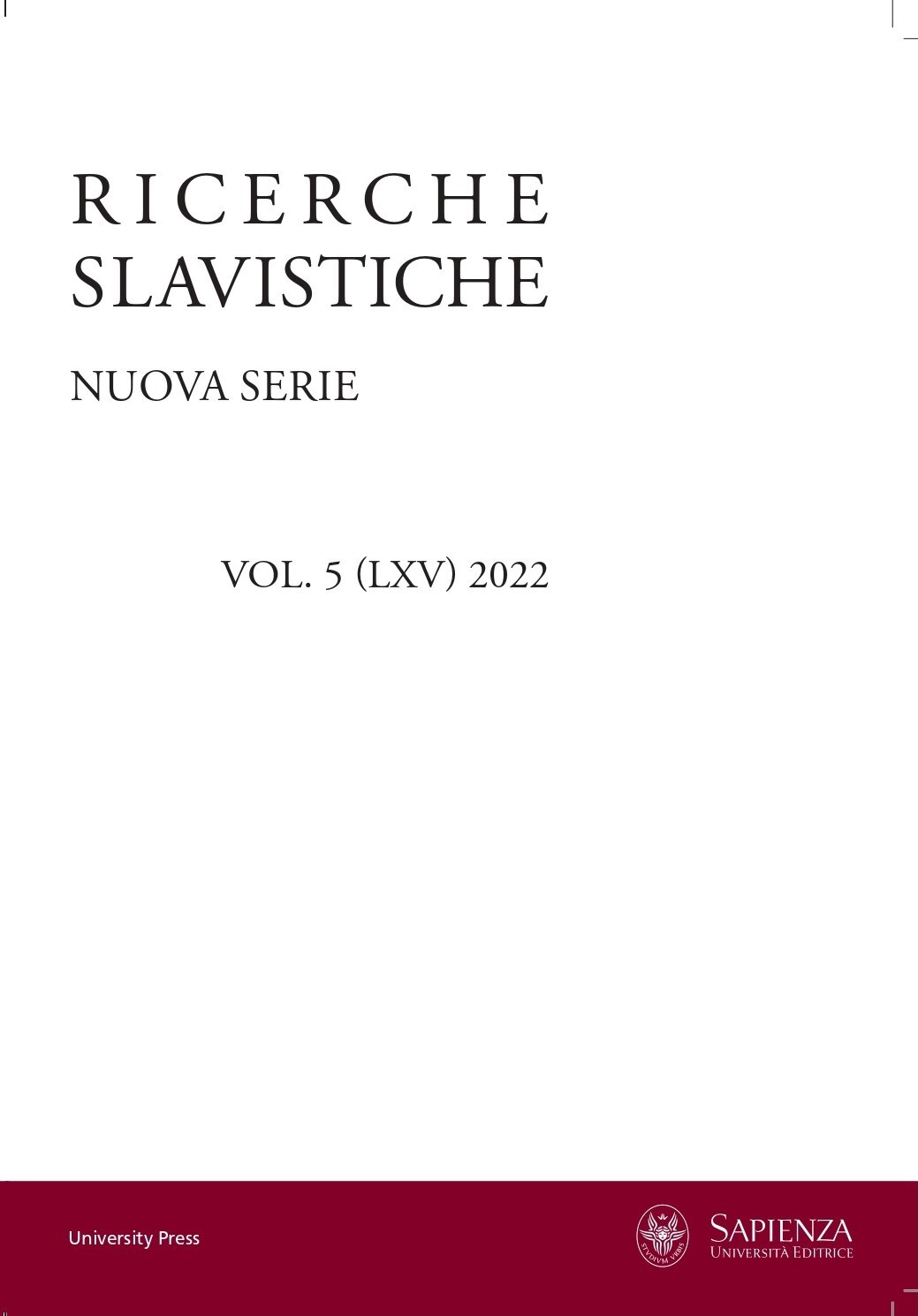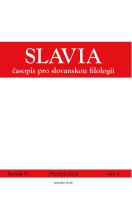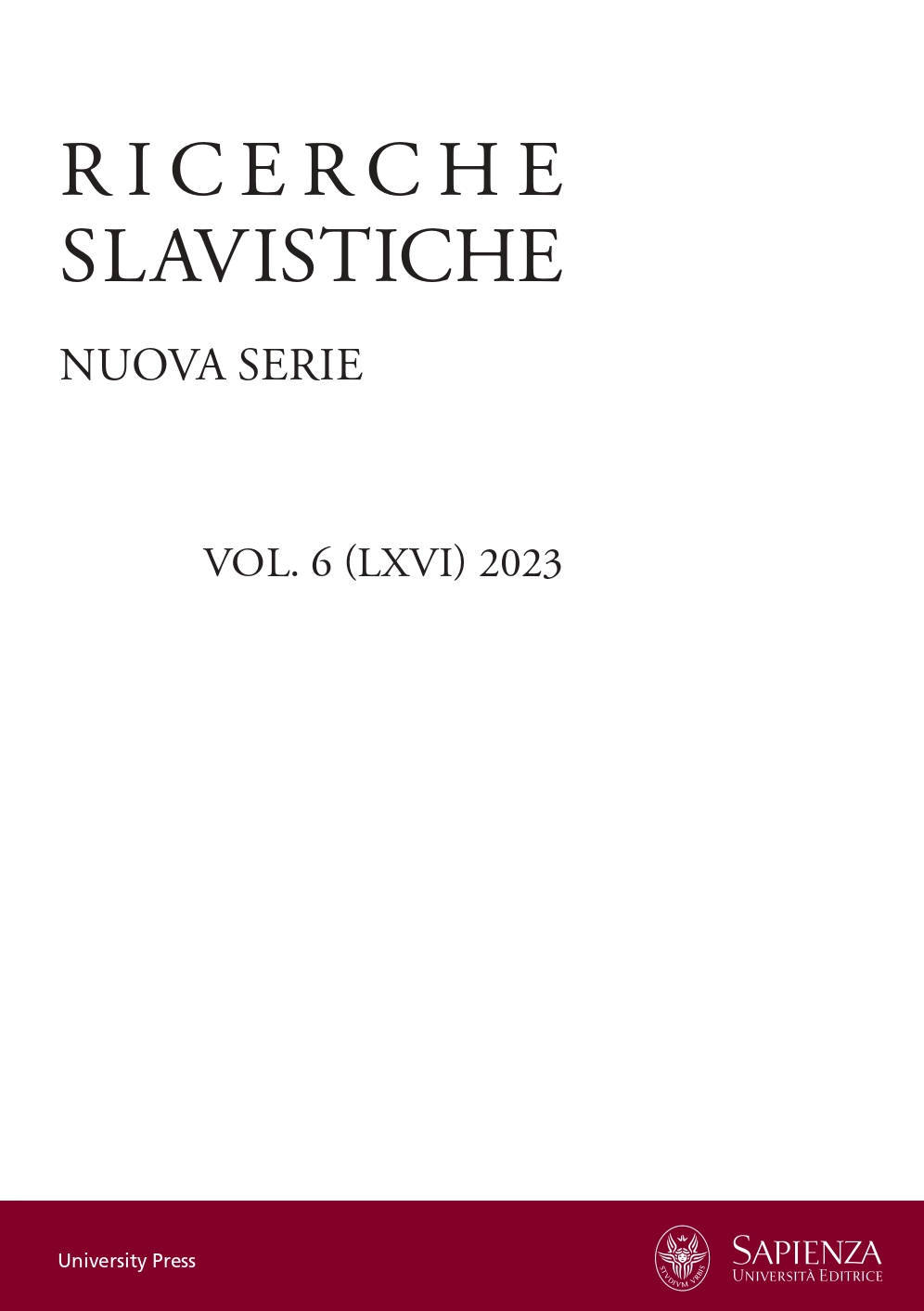Български и чешки еквиваленти на някои сръбски фразеологизми от „Моста на Дрина“ на Иво Андрич
The article presents sixteen Serbian idioms and phrasems from Ivo Andrić’s novel Na Drini ćuprija („The Bridge on the Drina“) and its Bulgarian and Czech translated equivalents. The idioms were selected from somatic and faunic sphere. Тhe aim it to present and describe 1. the difference between the translations in confrontation with the original and 2. the differences between the translations. In the paper we concentrate mainly on differences of formal character.
More...
